The Benefits of a Daily Probiotic for Children

Probiotics can now be found in many infant formulas, supplements, and baby foods. These “good bacteria” have become popular for children in recent years, and for good reason. By establishing a healthy gut at a young age, you can help set a good foundation for his or her adult digestive wellness.
Probiotics are found in some foods and breast milk but fortifying a baby’s gut flora with probiotic supplements is an effective way to ensure long-term gut health. Below are a few reasons why administering a daily probiotic supplement to your child is beneficial.
Probiotics aid in the health of your gut’s microbiome or gut flora.
• Probiotics, or “good bacteria”, support the health of your baby’s gut microbiome. Administering a daily probiotic can help to balance a baby’s digestive system.
• Your baby’s gut microbiome contains a community of organisms that work together to keep his or her body healthy. Within the microbiome are both good and bad bacteria. When the bacteria is out of balance, it can cause illness. The good bacteria in probiotics also help to fight off bad bacteria when there is too much of it.
Probiotics support vitamin adsorption, digestion and development of a healthy immune system.
Research shows that probiotics improve vitamin adsorption, digestion, and development of a healthy immune system. One study found that children who were given a daily probiotic for three months were less likely to develop respiratory problems and diarrhea than children who did not. Probiotics also may reduce a child’s risk of developing autoimmune diseases, like allergies and asthma.
Probiotics are the quickest, most effective way to treat a baby’s digestive system.
If your child is an infant, he or she may not be able to eat solid foods yet. Therefore, a probiotic supplement, such as Colic Calm Probiotic, is the quickest, most effective way to intake probiotics.
If you have an older child who does eat solids, they can intake probiotics through some foods, such as yogurt, sauerkraut, kombucha, kefir, and cottage cheese. You’ll notice that many foods on this list are not “kid-friendly”. Yogurt and (maybe) cottage cheese are the few probiotic-containing foods that are in your child’s diet.
Colic Calm Probiotic - Common FAQs
Can Colic Calm Probiotic be administered at any time of day?
Colic Calm Probiotic can be administered at any time of day. Most parents find that it works best to administer it to their baby in the morning so that the probiotics have time to digest throughout the day.
Does Colic Calm Probiotic need to be refrigerated?
Colic Calm Probiotic does not require refrigeration, though it is recommended to keep the bottle in a cool, dry place, such as a cupboard. If your home temperature is above 77 degrees, it is recommended that you find a cooler place for storage.
Does Colic Calm Probiotic need to be taken with food?
Colic Calm Probiotic does not need to be taken with food. Simply administer the probiotic directly into your little one’s mouth between the cheek and the gums using the provided syringe.
Is Colic Calm Probiotic safe for babies?
Though it’s important to speak with your pediatrician before administering any sort of medication to your little one, probiotics are considered safe for infants. To learn more and purchase Colic Calm Probiotic, visit https://www.coliccalm.com/product/probiotic.
 Canada
Canada South Africa
South Africa UK
UK EU & Int
EU & Int Ireland
Ireland Australia
Australia Brazil
Brazil New Zealand
New Zealand



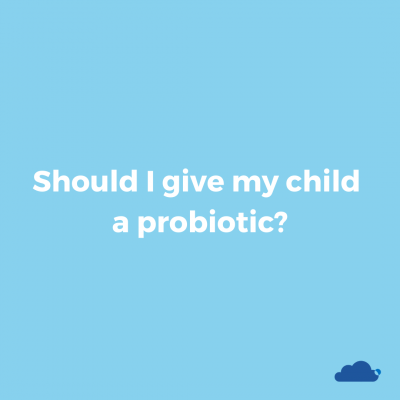
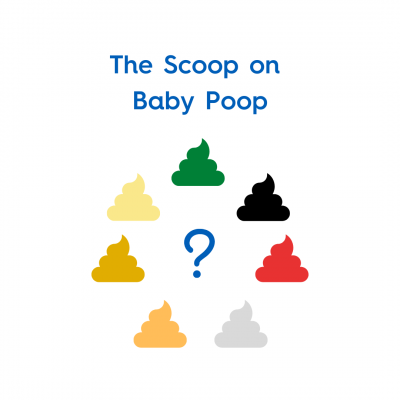
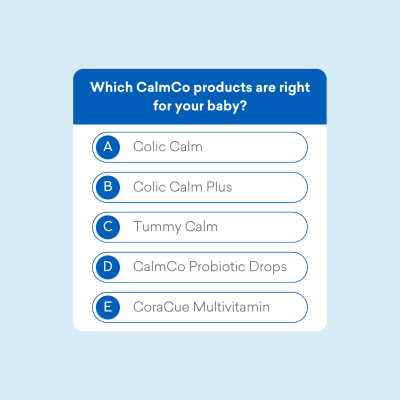
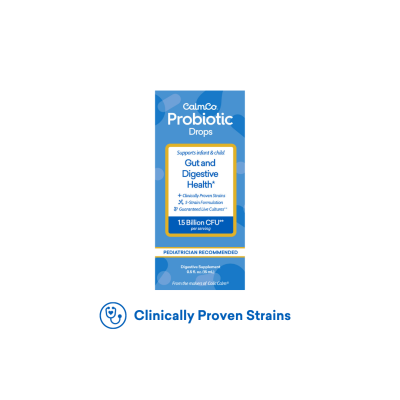





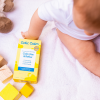



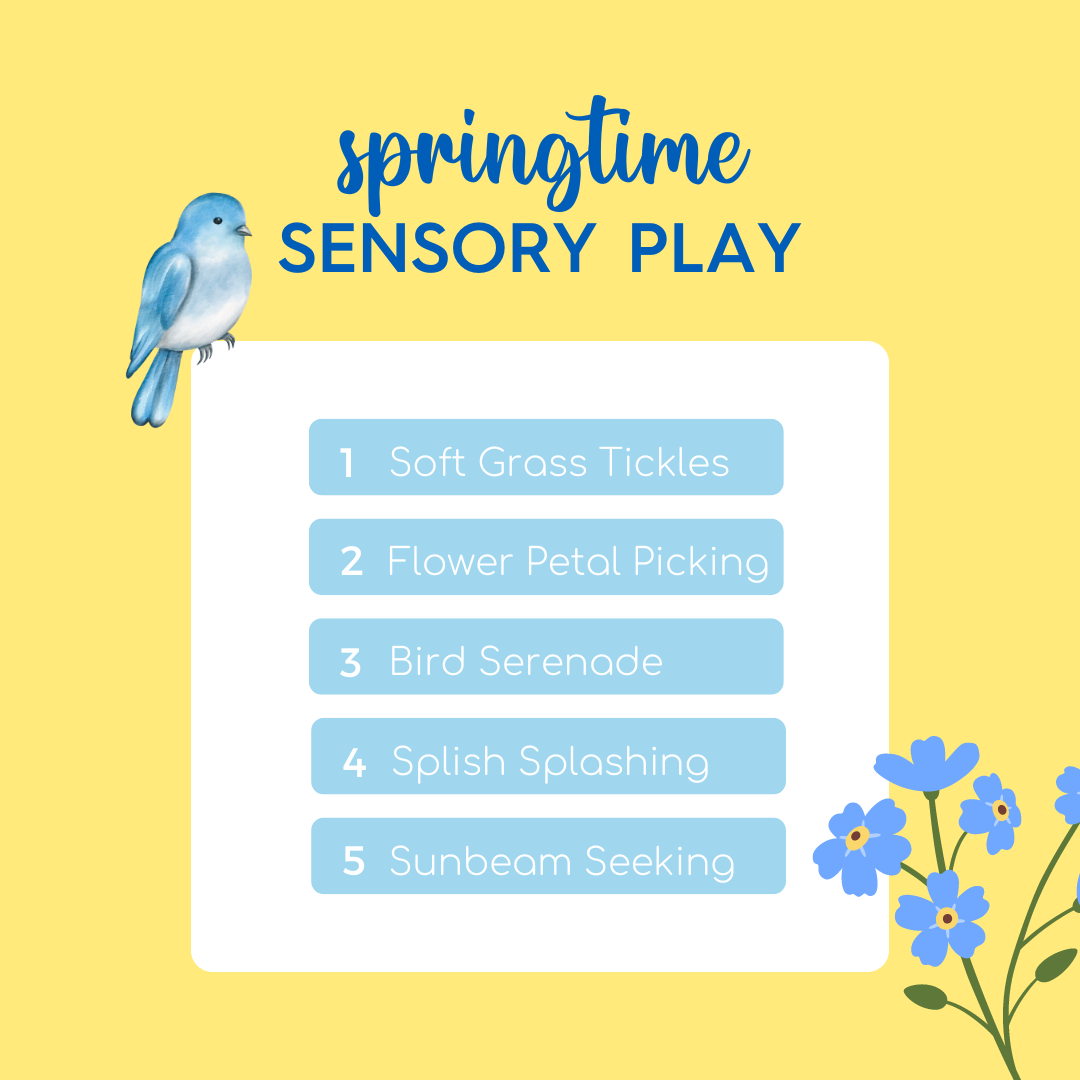

Comments